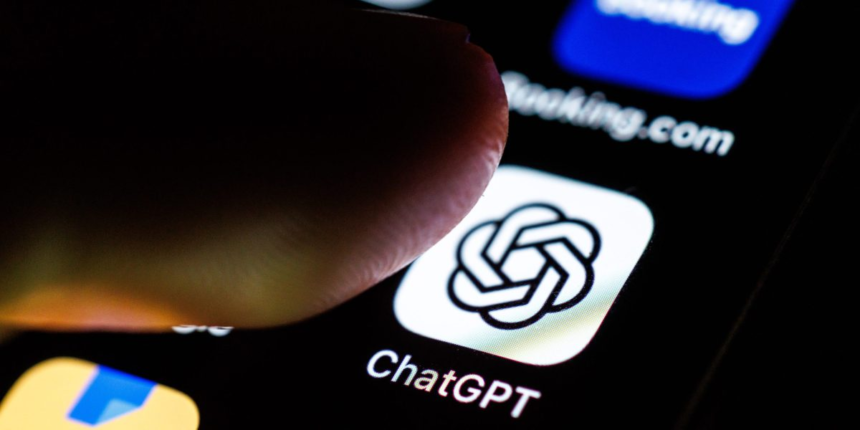When ChatGPT was used for work, it was most likely to be used by highly-educated users working in high-paid professions. While this is perhaps not surprising, it is a bit depressing.
Meanwhile, coding constituted 39% of Claude.ai’s usage. Software development tasks also dominated the use of Anthropic’s API.
Read together, both studies also hinted at an intriguing contrast in how people were using chatbots in work contexts, compared to more personal ones.
ChatGPT messages classified as non-work related were more about what the researchers called “asking”—which involved seeking information or advice—as opposed to “doing” prompts, where the chatbot was asked to complete a task for the user. But in work-related messages, “doing” prompts were more common, constituting 56% of message traffic.
The studies also indicate that in business contexts people increasingly want AI models to automate tasks for them, not necessarily offer decision support or expert advice. This could have significant implications for economies as a whole: If companies mostly use the technology to automate tasks, the negative effect of AI on jobs is likely to be far greater.
There were lots of other interesting tidbits in the two studies. For instance, whereas previous usage data had shown a significant gender gap, with men far more likely than women to be using ChatGPT, the new study shows that gap has now disappeared. Anthropic’s research shows interesting geographic divergence in Claude usage too—usage is concentrated on the coasts, which is to be expected, but there are also hotspots in Utah and Nevada.
With that, here’s more AI news.









